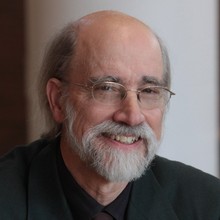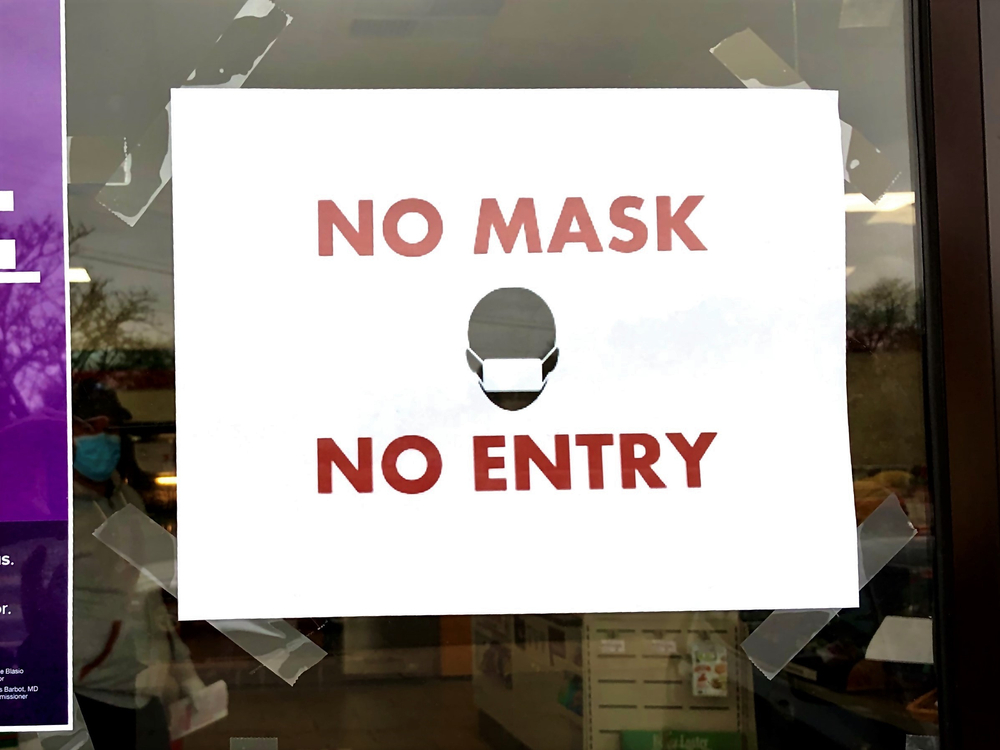Legal Examiner reporter Katherine Snow Smith interviewed Professor Richard S. Frase from the University of Minnesota Law School to get his breakdown and analysis of the charges against the four police officers involved in the death of George Floyd. Frase is a criminal law professor and co-director of the Robina Institute of Criminal Law and Criminal Justice as well as the founder and co-director of the Institute’s Sentencing Guidelines Resource Center. Derek Chauvin, the officer who held his knee on Floyd’s neck for almost nine minutes, is charged with second degree murder while commiting a felony, third-degree murder and second-degree manslaughter.

Second degree murder while commiting a felony
“To have felony murder, you have to have death result during commission of some sort of violent crime,” according to Frase. “Classic cases are (a victim dies during) armed robbery, or rape or arson.”
Burden of proof:
This charge does not require any proof of intent to kill, proof of extreme recklessness or negligence, according to Frase. “All you have to show is the person committed a felony. It’s actually pretty easy to prove,” he said. “In this case the theory seems to be Officer Chauvin with his knee on the side of Floyd’s neck was committing third degree assault.” That’s the felony.
Third degree murder
This charge asserts someone caused the death of another by perpetrating an act eminently dangerous to others and doing so with a depraved mind and without regard to human life.
Burden of proof:
The prosecution needs to show Chauvin’s act was eminently, or very, dangerous and caused the death of George Floyd. It must also show Chauving acted with a “depraved mind” without regard for human life when he held his knee on Floyd’s neck. They will likely say he had a depraved mind when he kneeled on Floyd’s neck for almost nine minutes while Floyd said he couldn’t breathe and begged for his life, Frase said.
Second degree manslaughter
Someone can be convicted of second-degree manslaughter if their culpable negligence created an unreasonable risk and they consciously took chances of causing death or great bodily harm to another.
Burden of proof:
The prosecution will need to convince a jury that Chauvin was aware that what he was doing could lead to the death of George Floyd. The state doesn’t need to prove that he wanted him to die, but that Chauvin knew there was a risk of death.
Related: Some urge changes in lawsuit protection for police
Related: Protests bring racial profiling questions front and center
Related: Trying the George Floyd case is no simple matter
Frase discussed the burden of proof for the charges with respect to what the defense will argue on Chauvin’s behalf.
“The defense can say ‘you haven’t proven the mental state (depraved mind) or the intent to commit the felony of assault,’ ” Frase said. He also surmised other strategies the defense will use. “(Chauvin can say) ‘Even if you can prove the elements of the crime I have an affirmative defense,’ ” Frase said. “Whenever an officer is charged with killing a suspect they can say ‘I was justified in using the force I was using either for self defense or to detain somebody we were trying to arrest.‘ In this case the officers may argue that this kind of neck restraint is an accepted procedure in arresting uncooperative suspects, and that suspects say they can’t breathe all the time.“ The defense may also cite Floyd’s medical problems and say the prosecution hasn’t proven beyond a reasonable doubt that his death was because of Chauvin’s actions.
Sentencing
Minnesota has an established range of time in prison for various charges based on criminal history. A judge has the authority to depart from the suggested range and add more time. In Minnesota, the maximum sentence for second degree murder with a felony is 40 years. For third degree murder it’s 25 years. And for second degree manslaughter, the maximum sentence is 10 years. “If the offender has no prior record — I have to assume Chauvin doesn’t have a criminal record since he was a police officer — for a second degree felony or third degree murder with depraved mind the target is 150 months in prison. That’s about 12½ years,” Frase said. The state allows a range of 128 months up to 180 months or 15 years. “The judge could sentence 15 years without that being a departure. Non-departure sentences are almost never reversed on appeal,” he added. The judge however, could see cause to go beyond the suggested range. “If a judge feels, ‘You are a police officer. You have a special duty to protect life including suspects,’ that makes this a more serious crime.” The judge could go above that range all the way up to the 40 years maximum.
Pre-trial negotiating
Sentence ranges and maximums are used when prosecutors negotiate guilty pleas even if they don’t put reduced sentences on the table. The prosecutors in these officers’ cases may say if the defendants plead guilty to all charges, they won’t ask the judge to depart upward from the established range of prison time. If the prosecution isn’t arguing in court for extra prison time, the judge is less likely to sentence it. “Even without the prosecution arguing to the judge, however, the judge can still depart upward, or even give the maximum sentence. The judge is going to think ‘This a bad actor. I don’t want to look like I was too lenient.’’’ Frase said.
Other officers face two charges
The other three officers, Tou Thao, J. Alexander Kueng and Thomas Lane, are charged with aiding and abetting second degree murder while committing a felony and aiding and abetting second degree manslaughter. The manslaughter charge carries a 10 year maximum sentence. Frase said the burden of proof for aiding second degree felony murder is less challenging than proving aiding third degree murder with a depraved mind, or second degree manslaughter. “To intentionally aid an intentional assault, that’s pretty straight forward,” he said. “It’s hard to charge them as an accomplice to an unintentional crime (third degree murder, or second degree manslaughter). How do you intentionally aid an unintentional crime?” When the prosecution added the charge of second degree felony murder against Chauvin, and charged the other three officers with aiding and abetting it, they upped the ante, he said. This charge makes the other three officers more likely to work with the prosecution in exchange for lighter sentencing.
Many Americans are asking why the three officers don’t face tougher charges, reasoning they could have saved the life of George Floyd life if they had stepped in and pulled Chauvin off of the suspect. “It may be that the officers had a duty to take that action to protect Floyd, and that reasonable officers would have done so, but that’s essentially an argument that the officers were criminally negligent in failing to act,’’ Frase said. “There is no such crime of negligent homicide in Minnesota.”
Contact Katherine Snow Smith at [email protected]. Follow her on Twitter at @snowsmith.














